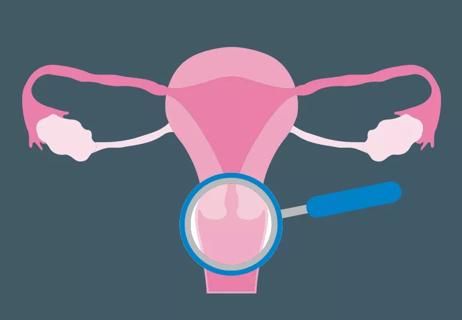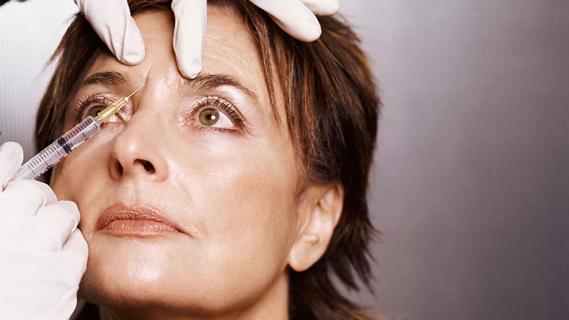Hint: You don’t need to panic

“Abnormal” is a scary word — and getting an “abnormal” Pap test result can stop you in your tracks. Then you see the even scarier-looking words: “low-grade squamous intraepithelial lesion (LSIL).” You wonder, “What exactly is going on down there??”
Advertisement
Cleveland Clinic is a non-profit academic medical center. Advertising on our site helps support our mission. We do not endorse non-Cleveland Clinic products or services. Policy
Take a deep breath, and stop imagining worst-case scenarios. These test results may be nothing out of the ordinary, according to gynecologic oncologist Mariam AlHilli, MD.
The tissue that covers your cervix is made up of squamous cells. Those cells are collected during a Pap smear and examined under a microscope. LSIL is a way of categorizing mildly abnormal cervical cells.
“A Pap smear is a screening test, “says Dr. AlHilli. “It gives us the big picture about what’s going on with your cervix. It does NOT indicate that cancer is present. But it may tell us there is enough evidence to justify taking another look at those cells.” LSIL falls on the lower end of the abnormality spectrum, which means there is less cause for concern. The overall risk of cancer in patients with LSIL is less than one percent.
Here’s where you can let out that breath you’ve been holding. Dr. AlHilli explains:
Advertisement
Your age and whether the human papillomavirus (HPV) is present are factors in deciding what to do with that pesky LSIL test result.
Current guidelines recommend women start Pap tests at age 21, even though women younger than age 25 have a low risk of having precancerous cells. Screening young women is important since they tend to be more sexually active, which exposes them to HPV.
How are LSIL and HPV connected? All cervical cell abnormalities are caused by HPV, which is common in young women because HPV is sexually transmitted. The good news is that the body sees HPV as an intruder and tries to fight it off.
If your immune system effectively kicks HPV to the curb, an LSIL result can be here one year, gone the next. Good riddance, HPV.
Any abnormal Pap result requires immediate follow up with your gynecologist. If you’re between ages 21 and 24, your doctor will likely recommend a repeat Pap smear in one year to see if your immune system effectively fought off the HPV.
“If you’re over age 25 and test positive for HPV, we’ll likely use a minor procedure to get a magnified view of your cervix,” says Dr. AlHilli. “If needed, we may collect a small sample of cervical cells for biopsy.”
These tests help your doctor see if there are any precancerous cells. Then your doctor determines if you need additional treatments, such as a procedure to remove the abnormal tissue.
“We can prevent cervical cancer,” says Dr. AlHilli. “The HPV vaccination has been proven effective at preventing the HPV infections that cause cancer. All women up to age 26 should get the vaccine. And new recommendations will make it possible for women up to age 45 to be vaccinated.”
You can take these steps to decrease the likelihood of HPV damage:
And remember, LSIL or not, you should schedule a pelvic exam at least every other year and a Pap smear every three to five years. So get out your calendar and see if it’s time to visit your friendly neighborhood gynecologist.
Advertisement
Learn more about our editorial process.
Advertisement

Colposcopy, a commonly performed test detects cervix changes

Bleeding is a risk and warrants taking care, but the reward of this lifesaving medication is great

Severe and debilitating headaches can affect the quality of your child’s life

With repeat injections over time, you may be able to slow the development of new wrinkles

Although it can be alarming, it’s normal to experience blood clots during menstruation

Type 2 diabetes isn’t inevitable with these dietary changes

Applying a hot or cold compress can help with pain